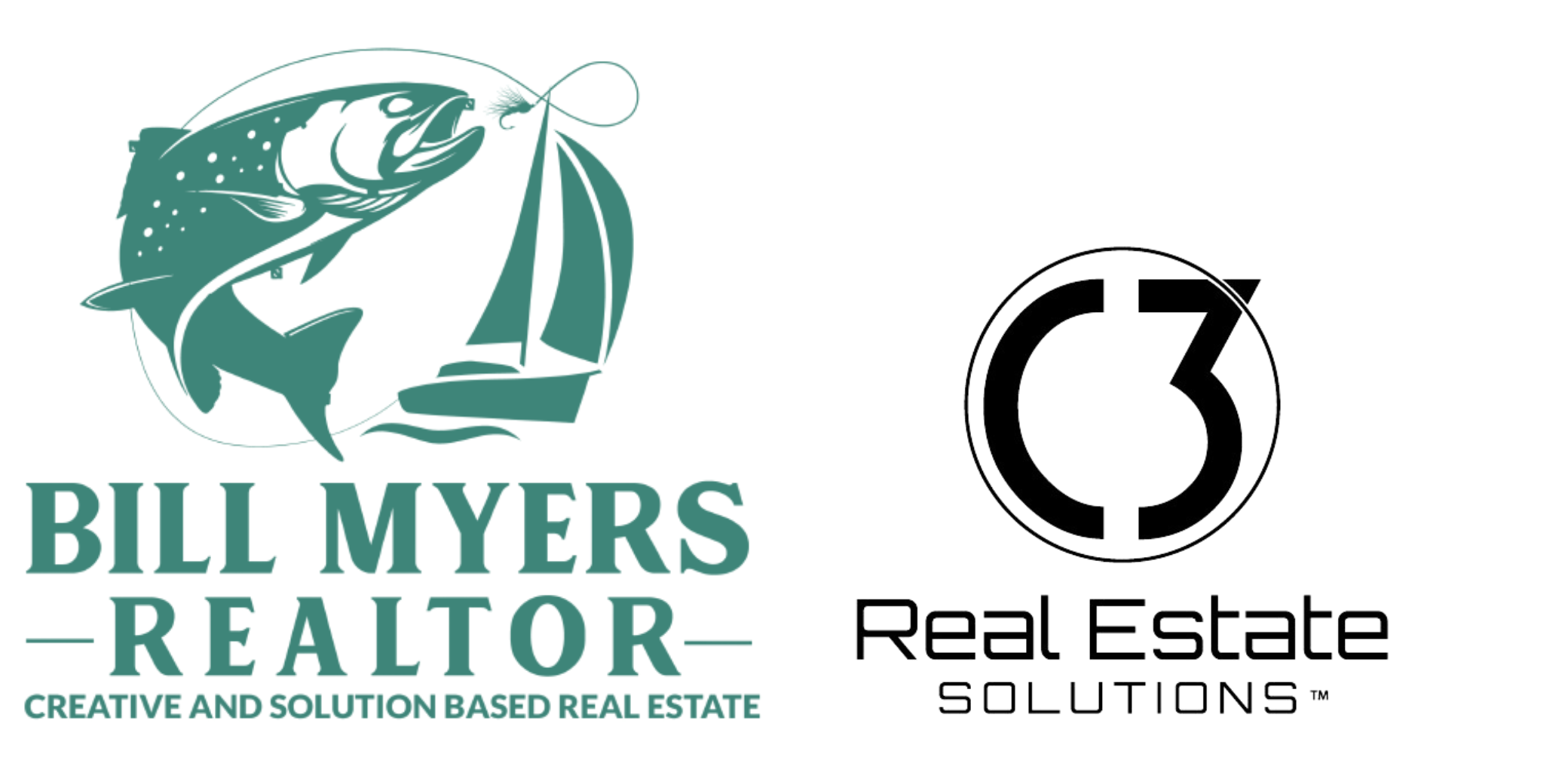You finally saved enough money for a down payment, you completed the long and tiring process of house hunting and negotiating, and now you’re ready to close and get the keys to your new home. But it’s not over yet. You still have closing costs to deal with, which may be an unpleasant and expensive surprise if you’re not prepared. Understanding and budgeting for closing costs can make that final stretch of the process far more manageable and much less unpleasant. So check out these 5 things you should know about closing costs when buying a house in Northern Colorado.
5 Things You Should Know About Closing Costs When Buying a House in Northern Colorado
1. What Closing Costs Are and How Much They Are
First, then, let’s take a look at exactly what closing costs are and how much you’re looking at when buying a house in Northern Colorado agent at 970-578-1774 to find out what you’ll be facing with respect to property taxes in your market.)
3. Mortgage-Related Fees
And then there are those closing costs related to the mortgage. These include . . .
Credit-report fee – The cost charged by your lender for checking your credit report and score.
Origination fee – Fee charged by the lender for creating the mortgage loan (one of the ways lenders make money).
Application fee – The fee charged by some lenders for processing your loan.
Underwriting fee – Basically an administrative/processing fee to cover the cost of confirming your financial qualifications and eligibility for the loan.
Points – An optional way for you to lower your interest rate by paying another charge known as mortgage or discount points.
4. Who Pays Closing Costs
You may be wondering at this point who pays these many costs that come up at closing. Typically, the person buying a house pays the bulk of the closing costs, but the seller also pays some of them.
In addition, buyers typically pay their portion of the closing costs out of pocket. And, as we mentioned, the many costs for buyers include attorney fees, appraisal and inspection fees, and credit reporting and underwriting fees, as well as fees for the title search, title insurance, prepaid interest, and homeowners insurance. Sellers, on the other hand, typically pay a much smaller portion of the closing costs, and these are typically deducted from the purchase price rather than being paid upfront.
5. How to Determine and Budget for Closing Costs
So if you’re buying a house in Northern Colorado, you likely want to know how to determine what your closing costs will be and how to budget for them effectively.
After you apply for a mortgage, your lender will provide you with a loan estimate document (usually within three days of application). This document outlines the closing costs and includes other important details. And then shortly before closing, your lender will supply a closing disclosure document. You can carefully review these documents to get a pretty accurate idea of what your closing costs will be. And keep in mind too that your local agent can help you calculate your closing costs.
When it comes to budgeting for closing costs, industry pros recommend that you budget for the high end of the costs, about 5% of the purchase price. They say that most of the time closing costs are higher than buyers think they will be.
The Assistance You Need When Buying a House
The upshot of all this is that closing costs can amount to a sizable chunk of money. The trick then is to be prepared and to be aware of what you’ll be facing at closing. And that’s why it’s so important for most buyers to work closely with an experienced Northern Colorado agent. So if you’re planning on buying a house in Northern Colorado, be sure to contact us at 970-578-1774.
